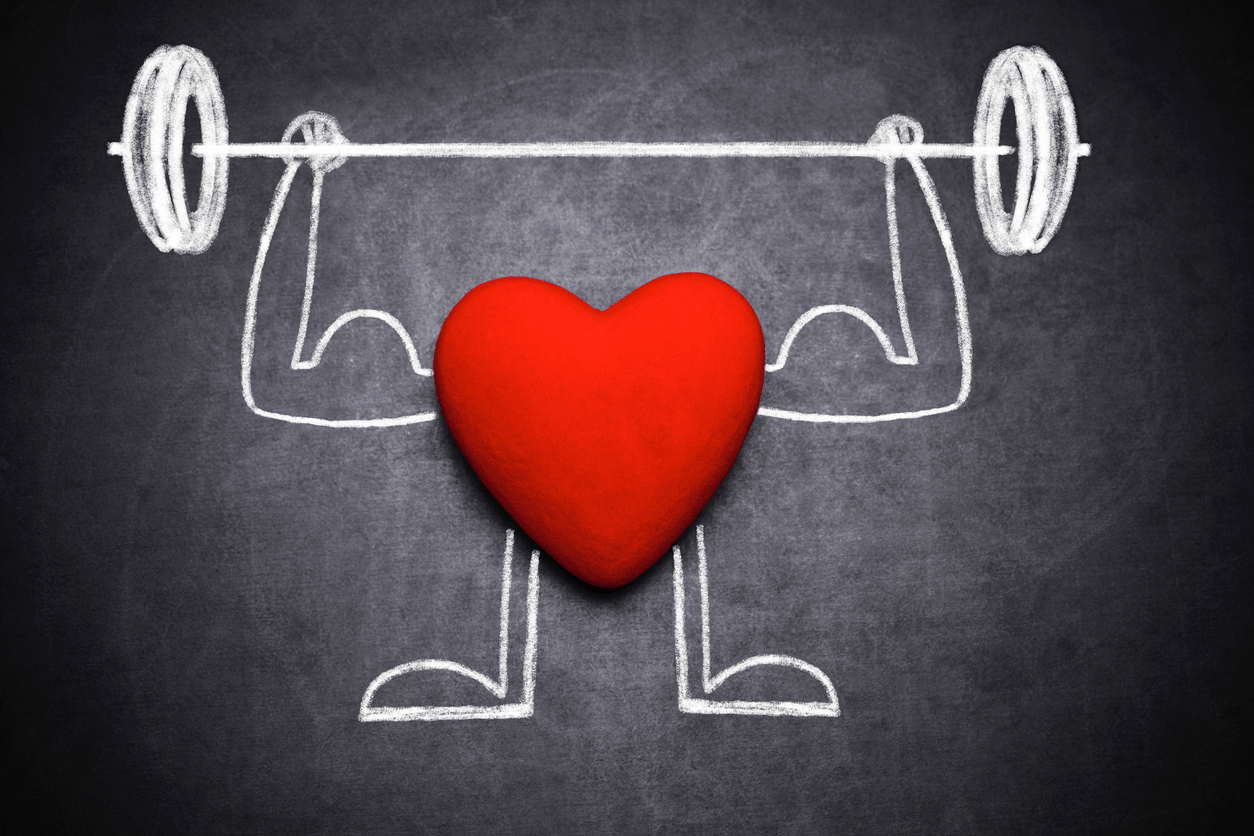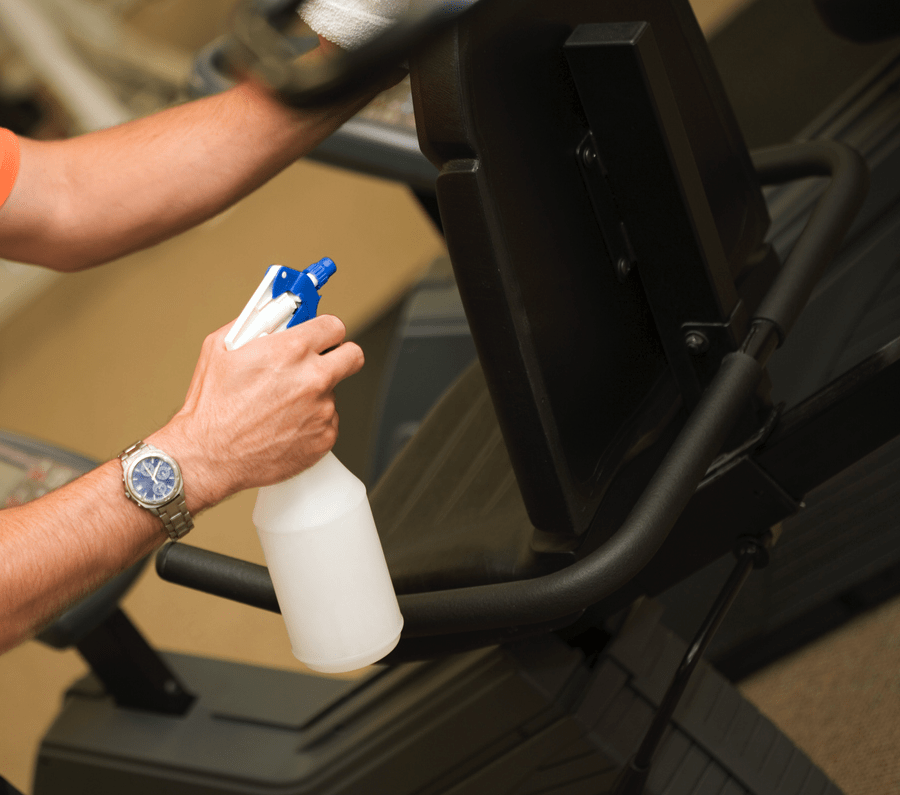Listen to Your HEART
February 21, 21 –

I hope you all had a Happy Valentine’s Day (and Snow Days) last week! A heart full of love and chocolate … what a combination. Now that it is back to business as usual , are you still listening to your heart? Listening to signals is so important when it comes to your health.
REALLY LISTEN!
Are you listening to what your own heart is telling you? When you are laying in bed at night and it is quiet and dark and you are trying to get to sleep. What do you hear? Is your heart beating fast, ‘racing’, or is it ‘systematic and strong’? Do the heartbeats seem to be rhythmical and solid or haphazard and soft?
Haphazard heartbeats could be signs of circulatory distress called an arrhythmia. Arrhythmia is a problem with the rate or rhythm of the heartbeat, when the heart can beat too fast, too slowly, or with an irregular rhythm. When a heart beats too fast, the condition is called tachycardia. When a heart beats too slowly, the condition is called bradycardia. (To get a true measurement you need a trained ear to listen to your heart.)
As a general guideline, I like to place my ear on my upper arm and just listen to the blood flow from the brachial artery. If you are wondering how many beats the heart should make to sound healthy, you can count for time. (Maybe 30 seconds and multiply by 2.)
Below is the link to the American Heart Association Chart. The provided link has tools to determine resting as well as target heart rate ranges. We use a blood pressure cuff at home … definitely helpful to have! Your heart IS one of your most important organs and PLEASE do not let that muscle become weak. LIFT weights for heart strength in addition to your walks, or choice of cardio. LOVE yourself by taking care of your heart!
https://www.heart.org/en/healthy-living/fitness/fitness-basics/target-heart-rates
| Age | Target HR Zone 50-85% | Average Maximum Heart Rate, 100% |
| 20 years | 100-170 beats per minute (bpm) | 200 bpm |
| 30 years | 95-162 bpm | 190 bpm |
| 35 years | 93-157 bpm | 185 bpm |
| 40 years | 90-153 bpm | 180 bpm |
| 45 years | 88-149 bpm | 175 bpm |
| 50 years | 85-145 bpm | 170 bpm |
| 55 years | 83-140 bpm | 165 bpm |
| 60 years | 80-136 bpm | 160 bpm |
| 65 years | 78-132 bpm | 155 bpm |
| 70 years | 75-128 bpm | 150 bpm |
According to Harvard Medical School – Health Publishing , a study in March 2019 found that those who did at least an hour per week of weight training (using free weights and weight machines) had a 40% to 70% lower risk of heart attack or stroke compared with those who did not exercise. (They found similar results in people who did and did not do cardio exercise.) It didn’t matter if they worked out once, twice, or three times a week as long as they hit the hour mark. Other research has looked at how weight training specifically helps your heart. One possible reason is that it reduces a type of heart fat linked to cardiovascular disease.
If you are new to weight training, returning after a long layoff, or just hoping to up your game, as a certified trainer I can create a specialized weight training program for you and ensure you follow proper lifting technique and use all the tools available to get a total-body workout.
In good health,
Bob
Each February, the American Heart Association encourages people to raise awareness for heart health and make lifestyle changes to better their own. Heart health is something we should all be focusing on. According to the American Heart Association, someone dies of heart disease every 38 seconds.
The post Listen to Your HEART appeared first on FIT Human Performance.






